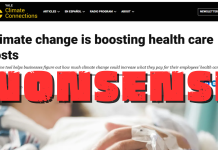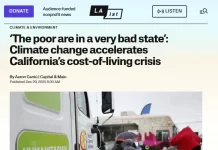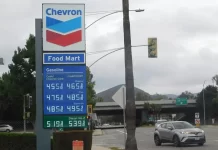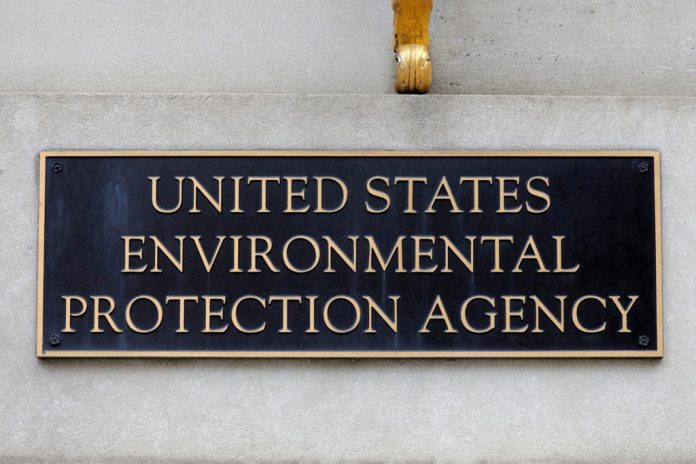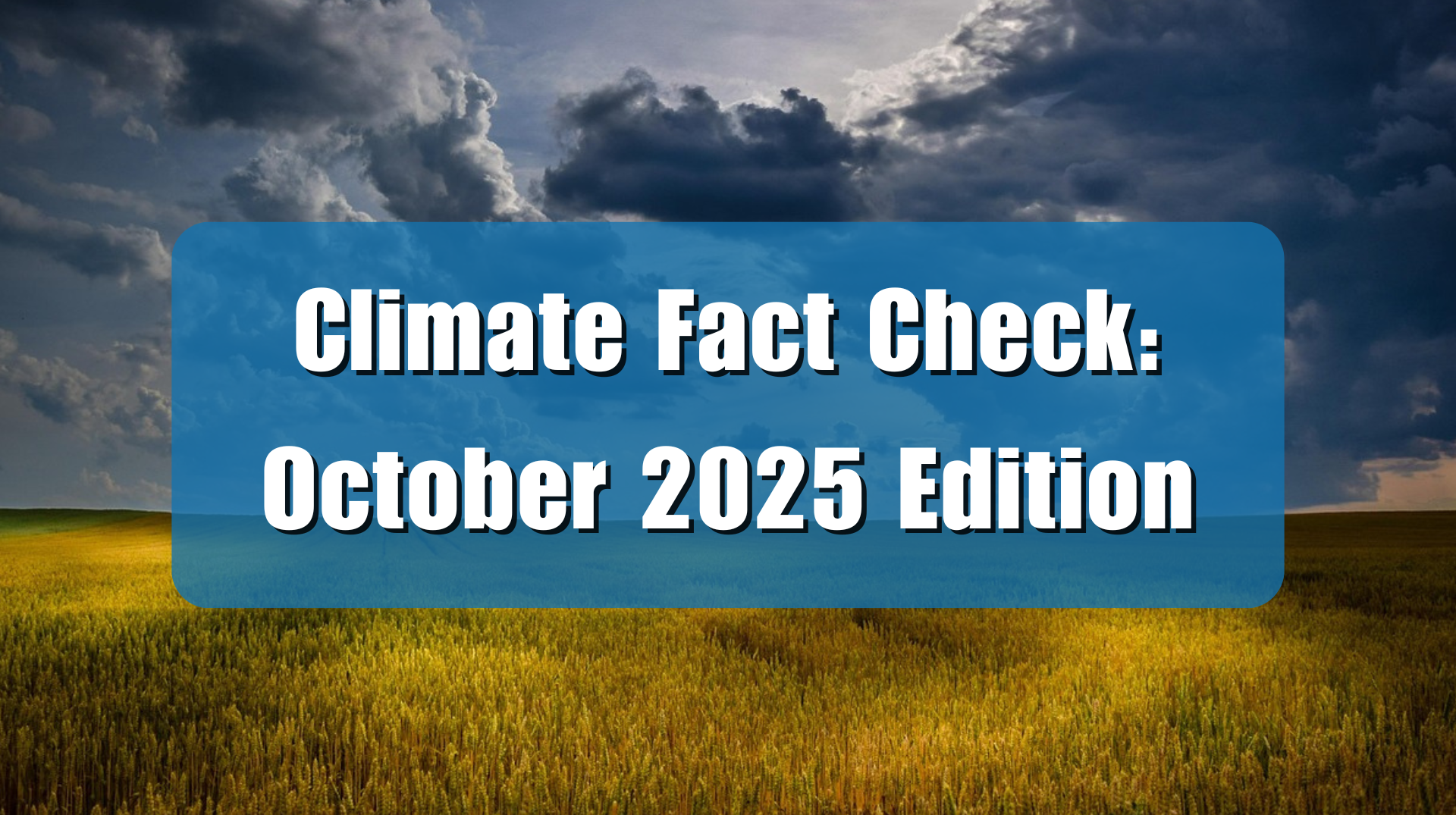Guest post by Ireland Owens at The Daily Caller
As corporate media outlets race to cast the Trump administration’s termination of an energy savings program as a net loss for Americans, experts note that the coverage omits several inconvenient facts.
Several news outlets have recently reported that the administration’s Environmental Protection Agency (EPA) is looking to eliminate the Energy Star program, while seeming to gloss over criticism of the program and the fact it received multiple unsatisfactory reports from federal government audits. While Energy Star has reportedly saved American households and businesses over $500 billion in energy costs since 1992, some experts have warned that the program can negatively impact consumers, such as by pushing them to purchase less effective appliances.
“I guess the nicest thing I can say about the Energy Star program is that it’s not as bad as the energy efficiency regulations, because those are mandatory,” Ben Lieberman, a senior fellow who specializes in environmental policy at the Competitive Enterprise Institute, told the Daily Caller News Foundation. “But, the Energy Star label is at least supposedly voluntary, you don’t have to buy the Energy Star model, but that information is there if you want to.”
“That being said, I think the program has been misused in a variety of ways,” Lieberman added. “Environmental groups tend to pressure the big retailers to only carry Energy Star products, a lot of the tax credits that the government extends for [home] appliances only apply to the energy efficient or Energy Star models. So, it’s not as voluntary as it is made out to be … There’s also concerns that they’re trying to use the Energy Star program to pursue a climate agenda.”
“I would not be sad to see the [Energy Star] program go,” Lieberman told the DCNF.
The EPA and the Department of Energy (DOE) launched Energy Star in 1992. The program was created to help consumers and businesses “save money and protect the environment through the adoption of energy-efficient products and practices,” according to the DOE’s website.
A March 2010 report from the Government Accountability Office (GAO) found that Energy Star was “vulnerable to fraud and abuse.” GAO’s report also found that the Energy Star program’s controls that were in place at the time did not ensure that products actually met efficiency guidelines.
“Just the same as we choose many products without a government rating, we can choose our iPhones without a government rating, we can choose our lawnmowers without a government rating,” Diana Furchtgott-Roth, director of the Heritage Foundation’s Center for Energy, Climate and Environment, told the DCNF. “Think about all the appliances we buy every day that do not have a government rating … we do not need a government rating to be able to choose lower-energy use appliances if this is what we want.”
GAO noted in its report that it created a variety of “bogus” products to covertly test if it could obtain Energy Star certifications for them. GAO reported it was able to acquire Energy Star certifications for 15 of the fake products, including a gas-powered alarm clock, while two of the “bogus” products were rejected by the program and three did not receive a response.
[…]
Read the rest at The Daily Caller, here.
 Originally published by The Daily Caller. Republished with permission. Content created by The Daily Caller News Foundation is available without charge to any eligible news publisher that can provide a large audience. For licensing opportunities of our original content, please contact licensing@dailycallernewsfoundation.org.
Originally published by The Daily Caller. Republished with permission. Content created by The Daily Caller News Foundation is available without charge to any eligible news publisher that can provide a large audience. For licensing opportunities of our original content, please contact licensing@dailycallernewsfoundation.org.




